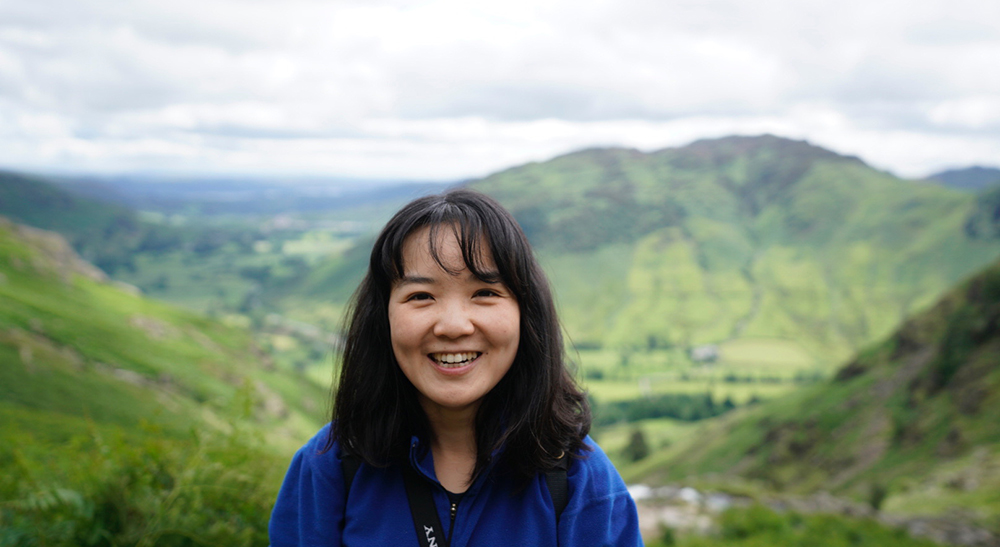Tunhe uses everything she learnt at KTH in her work
Tunhe Zhou graduated from the master’s programme in Engineering Physics (Optics and Photonics track) in 2012. She is now a senior research engineer at Stockholm University Brain Imaging Centre.

Hi Tunhe, what are you doing at the moment?
I’m currently working as a senior research engineer at Stockholm University Brain Imaging Centre (SUBIC).
What is a regular day like at your job?
Every day can be different according to what needs to be done. It can be anything from experiments, documenting and data processing to communicating with people and reading papers.

Have you worked on anything else since you graduated?
After I finished my master’s studies, I did my PhD at the KTH BIOX group. My PhD was both exciting and challenging, and turned out to be relatively relaxing compared to doing a PhD in many other countries. I then spent two years doing a postdoc at Diamond Light Source in UK. Working at such a large facility was interesting and I learned a lot there. It was quite a strange feeling when I started working there and realised that everyone was an expert in my research field and knew so much more than me, even though I felt like an expert and was so senior in the last year of my PhD in the old group.
Why did you choose this programme at KTH?
I choose the master’s programme in Engineering Physics because it fit my previous bachelor’s studies well and I was also able to get a scholarship. Of course, my main motivation was the fact that KTH is a well-known university globally.
Are there any insights you acquired during your studies that have been particularly useful for you in your career?
Yes, I’m using everything I learnt at KTH in my work now, both knowledge and the attitude towards work and research. When I’d just started I was very impressed at the way in which all the teachers put so much effort into teaching and treated all the students with honesty and respect. After some time I realised that this way the way they worked, either in research or teaching, with total effort and honesty.

What was the best aspect of your studies at KTH?
The best aspect was probably getting to know the people from BIOX, the group in which I did my PhD. The best memories I have are the afterwork activities that we did together, such as board games, indoor hockey and laser tag. Oh, and we had afternoon fika every day!
What are your plans for the future?
I plan to do well in my new job and hopefully do some valuable research.
What would you want to say to a student who was thinking of applying for this programme?
I would say that I think it's a good programme regardless of whether you want to enter industry or academia in the future because you will be given the chance to meet great researchers and entrepreneurs. There are so many course choices, which can be both practical and theoretical. You will always find something that suits you!
